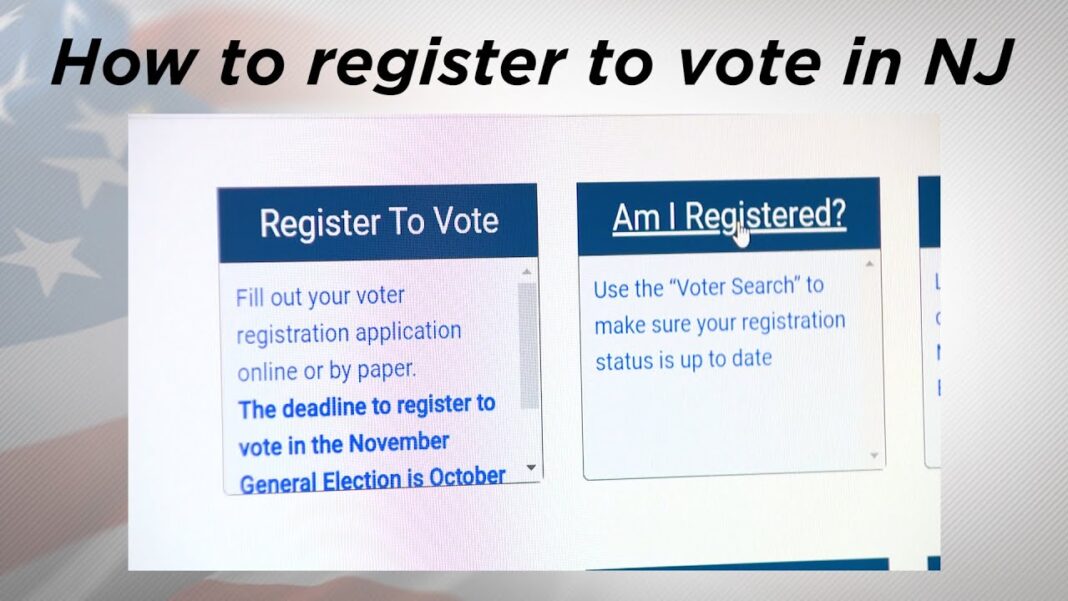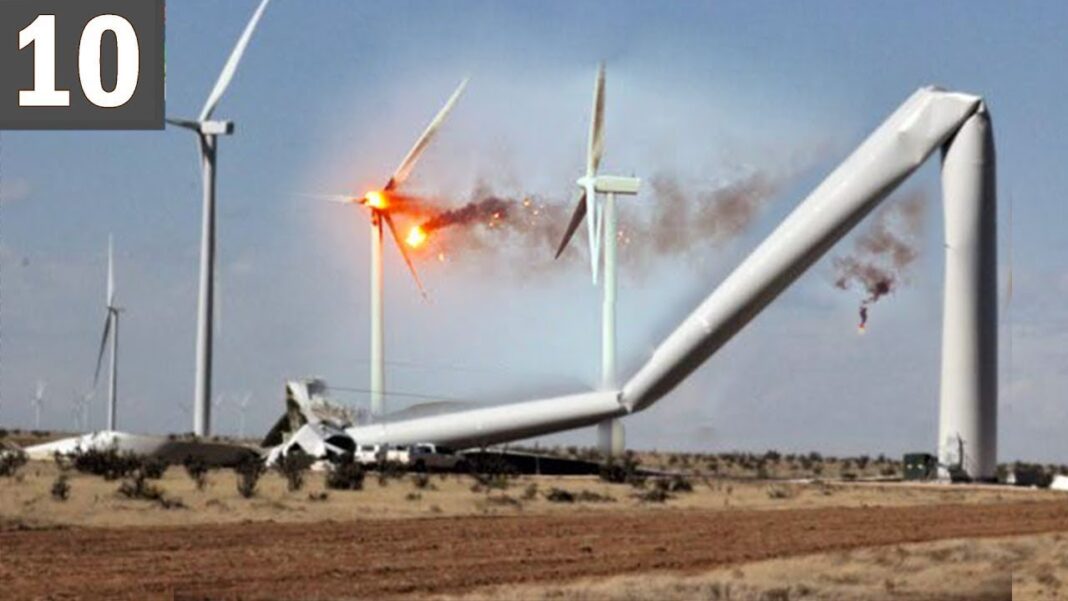New Jersey voter registration records contain more than 8,200 duplicate names, making it possible for one person to cast two ballots, plus another 61 triplicate registrations, seven quadruplicates, three pentaplicates, and one sextuplicate, according to the Public Interest Legal Foundation (PILF).
“New Jersey’s voter registration system, like nearly every other studied by PILF, can be tricked into registering a person multiple times with extremely similar biographical data inputs at the same addresses,” states the PILF analysis published on June 6.
“These serve as an administrative challenge to be resolved as we see more automation to vote-by-mail. Otherwise, ‘John Public’ and ‘John Q. Public’ could each vote once, while the actual John is voting twice.
“The most common finding error type, clerical/typographical error, can be as subtle as transposed letters. As an example, Julia Rose and Juila Rose are the same person, but she has duplicate registrations with unique voter identification numbers.”
The Virginia-based PILF alerted the New Jersey Secretary of State to the problems uncovered by the firm’s analysis of the voter rolls, which was only made possible by a federal court suit.
“Tens of thousands of other voter records were highlighted for missing or fictitious biographical information like dates of birth. These represent current and future problems with voter roll list maintenance that the Garden State needs to address,” the report states.
“To get to the root of the problems, PILF also filed a federal lawsuit to access copies of list maintenance procedural guides after the NJSOS denied requests for fear of hacking risks.”
Other registration problems uncovered by PILF in the New Jersey rolls include nearly 2,400 individuals listed as active voters whose birthdays make them more than 100 years old.
“There are 2,398 registrants showing dates of birth in 1917 or before across New Jersey. Given that the most recent average life expectancy data show to be 80.7 years in the state, the thousands of registrants aged well beyond 100 years deserve closer examination,” the report states.
Read Full Article on TheEpochTimes.com









